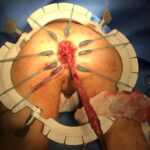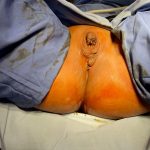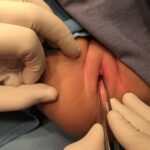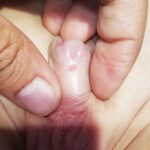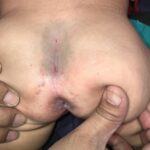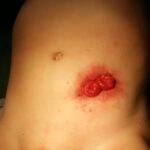Best Pediatric Surgeons
In Pakistan
We Take Care Of Colorectal & Pelvic Problems Of Your Child
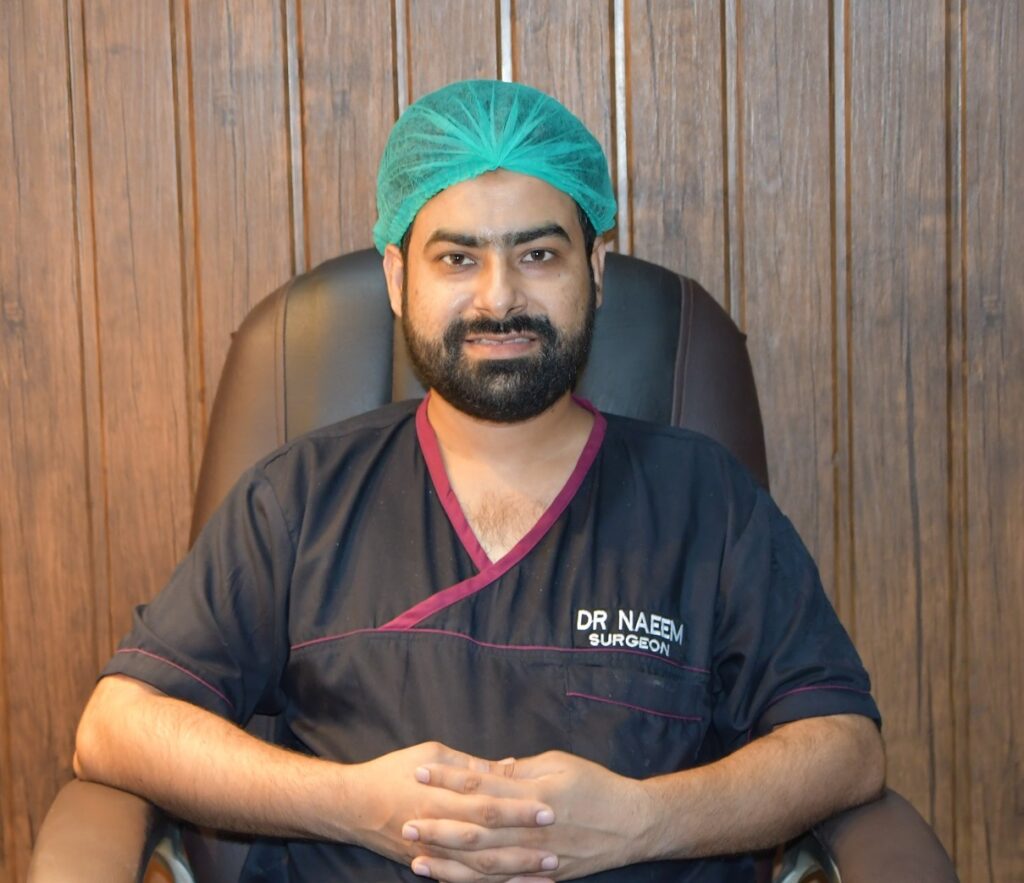
Ask Dr. Naeem Liaqat About Your Child’s Diagnosis
Dr Naeem Liaqat (Pediatric Surgeon) treats exclusively the patients with colorectal and urogenital conditions.
Our team of extremely trained professionals (Pediatrician and Pediatric Surgeon) is here for patients and their families. we help patients who are suffering from conditions such as anorectal malformations, imperforate anus, cloaca, Hirschsprung disease, fecal incontinence, constipation related to other diagnoses, Hypospadias and Ambiguous genitalia.
We understand that these colorectal and urogenital conditions need a specialized approach. And no single person is capable of providing state of the art care. It needs a team-based approach, which is why we offer extra-ordinary care and a lifetime support.
Conditions We Deal At Kids Pelvic Surgery
At Kids Pelvic Surgery, we take care of all problems requiring surgery of children. We specially focus on Colorectal and Pelvic problems of your child. We are specialized to treat following conditions:
Success Story of Usman
Bowel Management Program | Malone Procedure (Appendicostomy)
At the age of 9-years, he presented to our center for feral incontinence. After thorough evaluation, we offered him Bowel Management Program. He underwent this 7-days program successfully. At the end of this program, he was accidents free, diaper-free and completely recovered. He went back home happily. After one year, when he came for follow-up, our team offered him Malone procedure (Appendicostomy). His parents thought over it and he underwent this surgery successfully.
Now after 3-months of his surgery, he is enjoying his own independence. He is able to keep himself clean and without diaper 🙂
Latest News From Our Blog
Patient Feedbacks
Book Your Consultation Now With Dr. Naeem Liaqat
Common Questions About Kid's Diseases
There are multiple causes of Hirschprung’s disease and no single cause has been identified yet. It is obsereved that in some families, it is more common. Also, it is more common in males than females. There is some genetic basis for this disease too which shows that it is inherited from parents to children. It is more common in cousin marriages.
If it is untreated, you cannot poop without medicine or enema. So its treatment is essential. After its treatment, you can poop easily.
Undescended testis does not have any sepcific reason and cause. Infact it is a multifactorial disease and many reasons may be repsonsible for this to happen.
The ideal age for its surgery is 6 months. It can be corrected at any age, however, earlier the better.
In females, normally three separate opening are found at the bottom, each for urine, vagina and anus. However, if due to some reasons, all of these openings join and there is only one opennin gvisible at the bottom, it is called as cloaca.
Signs of anorectal malformation are lack of stool, stool coming from the vagina and urine coming from the anus. There may be trouble having a bowel movement or constipation.
An appendicostomy is a surgically created channel that connects the abdomen to the colon and allows for an enema to be administered at the beginning of your colon instead of at the end through your rectum.
Anal dilation is normally done twice a day with a metal Hegar dilator that will slowly stretch (dilate) the anus.
Recovering from a colostomy may take up to two months. During this time, you will have limitations on what you can eat while the colon heals. If the colostomy is temporary, it’s common for someone to need a reversal or closure surgery after their colon has healed in about three months’ time.
A child with an inguinal hernia may experience a bulge in the groin area when they are crying, coughing, or straining to have a bowel movement. The bulge often disappears during quiet periods or while resting. Inguinal hernias usually do not cause pain
The cause of imperforate anus is not well understood, but it’s thought that this may happen when the rectum doesn’t develop properly while an embryo is forming inside a uterus.

